
Units implementing roadbed compaction, part of the North-South expressway construction investment project, Quang Ngai-Hoai Nhon section.
Assessing the cause of the low disbursement of investment capital, the Ministry of Finance said that many projects had to request extensions of implementation time and disbursement time due to delays in project implementation and failure to promptly resolve arising problems. In practice, many administrative procedures continued to arise.
Low Capital Plan
According to the capital allocation and Tabmis import plan of localities, in 2024, localities were assigned a total capital plan of nearly 24,173 billion VND; of which public investment capital (central budget capital allocated with additional targets for local budgets) was 9,456.86 billion VND (53 localities), re-borrowed capital was 14,716 billion VND (51 localities). Thus, the amount of capital plan assigned to localities this year is much lower than in 2023, only 70%.
As of May 15, the cumulative disbursement of foreign capital by localities reached 51%, of which the public investment capital of the central budget under the 2024 capital plan was VND 488 billion (accounting for 5.16% of the capital plan assigned by the Prime Minister), and re-borrowed capital was VND 891 billion (accounting for 6.05% of the assigned capital plan). The results of foreign capital disbursement from the beginning of the year to date by localities were quite low, reaching only 5.71% of the assigned capital plan for 2024 (including allocated and re-borrowed capital).
According to the Ministry of Finance, through the process of working with localities and monitoring the disbursement data of projects, it is possible to identify problems arising from the stages of adjusting investment policies, adjusting projects, extending disbursement, extending implementation time, extending capital allocation time, and using surplus capital. These problems arise in 23 out of 94 projects assigned capital plans for 2024 in 17 localities.
The low disbursement rate mentioned above is mainly due to the lack of completed volume for disbursement, due to slow implementation of investment preparation work (slow site clearance, resettlement, not yet completed signing of design consulting contracts, slow bidding, contract signing, adjustment of basic design, technical design documents); capital planning work has not closely followed the progress of project implementation,...
“One of the biggest problems that project management boards often encounter is having to comply with both domestic processes and procedures and the regulations and requirements of donors, which has led to project delays. The waiting time for donors to give no objections during the project implementation phase is prolonged, delaying project progress by many months. This is an issue that needs to be discussed with donors in the coming time,” said Hoang Hai, Deputy Director of the Department of Debt Management and External Finance (Ministry of Finance).
According to many localities, recently, Group B projects have also encountered problems after localities completed procedures to extend disbursement, slowing down the disbursement progress. The procedures for adjusting investment policies of localities participating in project implementation are partly unclear, leading to the phenomenon of sub-projects requiring capital adjustment under the authority of localities but still submitted to the Government for approval of adjustment.
This takes a lot of time and creates administrative procedures. This phenomenon occurs in tourism infrastructure development projects; supporting comprehensive growth in the Mekong sub-region; projects to improve water use efficiency in drought-affected provinces, etc., which are extremely urgent projects for people's lives.
In addition, there are also some difficulties in implementation and disbursement, arising in 12/94 projects assigned capital plans in 2024 in 11/53 localities. This group is quite diverse in types, such as difficulties in bidding or commercial contracts, site clearance, design adjustments, etc. These are inherent difficulties, often taking more time to handle than other difficulties, under the responsibility of provincial people's committees and project management boards.
Avoid renewals altogether.
The delay in acceptance, payment, and project implementation capacity is also one of the reasons for the delay in disbursement. In 2024, some localities were confused in capital planning, unable to predict the project implementation progress and the amount of capital needed to be disbursed, so the capital planning was not close to reality, and even did not plan capital for projects with remaining disbursement deadlines, especially projects with 2024 as the final disbursement year, leading to a lack or no capital plan for disbursement,...
Achieving the disbursement target of 95% as expected by the Government in Resolution No. 01/NQ-CP is very difficult to complete, if investors, project management boards and related parties do not make extraordinary efforts right now.
Completing the public investment disbursement plan for 2024 is an important task, contributing to promoting socio-economic growth, ensuring the achievement of the goals of the 2021-2025 medium-term public investment plan.
The Government has requested to accelerate the implementation and disbursement of public investment capital from the beginning of the year, especially for key and important national projects, highways, inter-regional and coastal projects and national target programs; maximum decentralization and delegation of authority, along with enhancing the responsibility of leaders in deciding on investment policies, project investment and disbursement.
At the meeting of the National Steering Committee on ODA and foreign concessional loans with development partners, Deputy Prime Minister Tran Luu Quang requested ministries, central and local agencies to continue to promote disbursement of public investment capital; be more determined, considering the task of disbursing ODA capital and foreign concessional loans as one of the key political tasks in 2024.
In recent times, the Ministry of Finance has synchronously deployed solutions to support disbursement, such as organizing many working sessions with ministries, branches, localities, and investors of ongoing projects, promptly recording some problems, recommending solutions for handling according to authority; directing to shorten the time for implementing expenditure control and resolving capital withdrawal applications.
To promote progress and strive to achieve a high disbursement rate for ODA capital and foreign preferential loans allocated in 2024, the Ministry of Finance requested the Ministry of Planning and Investment to support localities in shortening procedures in extending capital allocation time, avoiding affecting project disbursement progress, and at the same time provide clear instructions to localities on the authority to approve project adjustments for projects implemented at many agencies.
For localities and project management boards, the Ministry of Finance recommends that it is necessary to review and evaluate in detail and specifically the disbursement capacity of each project, paying special attention to projects whose planning year is the final disbursement year to ensure sufficient capital for the projects, avoiding the need to extend disbursement, extend implementation time, and generate many administrative procedures.
It is necessary to flexibly transfer capital plans between projects with slow disbursement to projects with good disbursement progress and lacking capital. For cases where it is impossible to complete the project volume according to the set schedule, it is necessary to cut down and transfer capital plans before June 30. The Ministry of Planning and Investment coordinates with the Ministry of Finance to adjust disbursement deadlines and adjust capital allocation according to signed loan agreements.
For projects facing difficulties in investment preparation and project implementation, the Ministry of Finance also requires localities and project management boards to promptly complete procedures on investment, construction, resettlement, and site clearance to implement the project; complete technical designs, resolve difficulties and obstacles in contract bidding; provide guidance and training on professional skills and capacity for local project management boards to ensure that projects are implemented synchronously and effectively.
Source




![[Photo] General Secretary To Lam receives Russian Ambassador to Vietnam](https://vstatic.vietnam.vn/vietnam/resource/IMAGE/2025/4/2/b486192404d54058b15165174ea36c4e)
![[Photo] Third meeting of the Organizing Subcommittee serving the 14th National Party Congress](https://vstatic.vietnam.vn/vietnam/resource/IMAGE/2025/4/2/3f342a185e714df58aad8c0fc08e4af2)


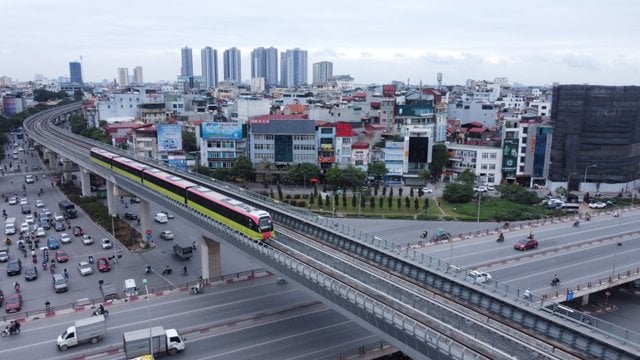



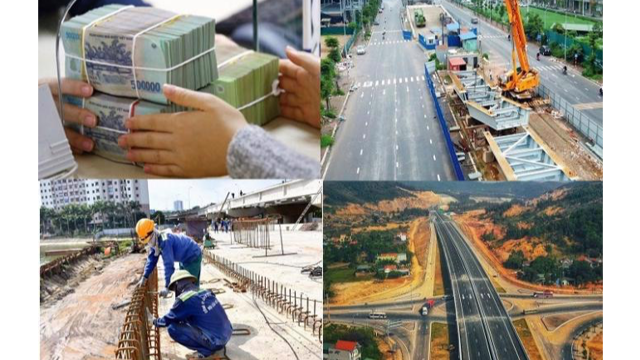


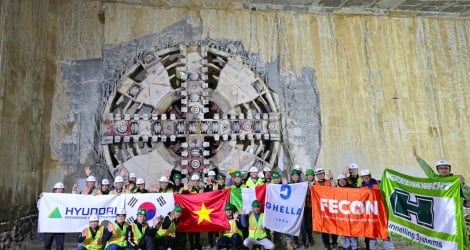

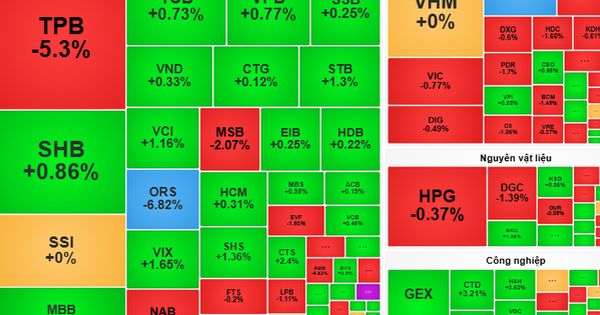

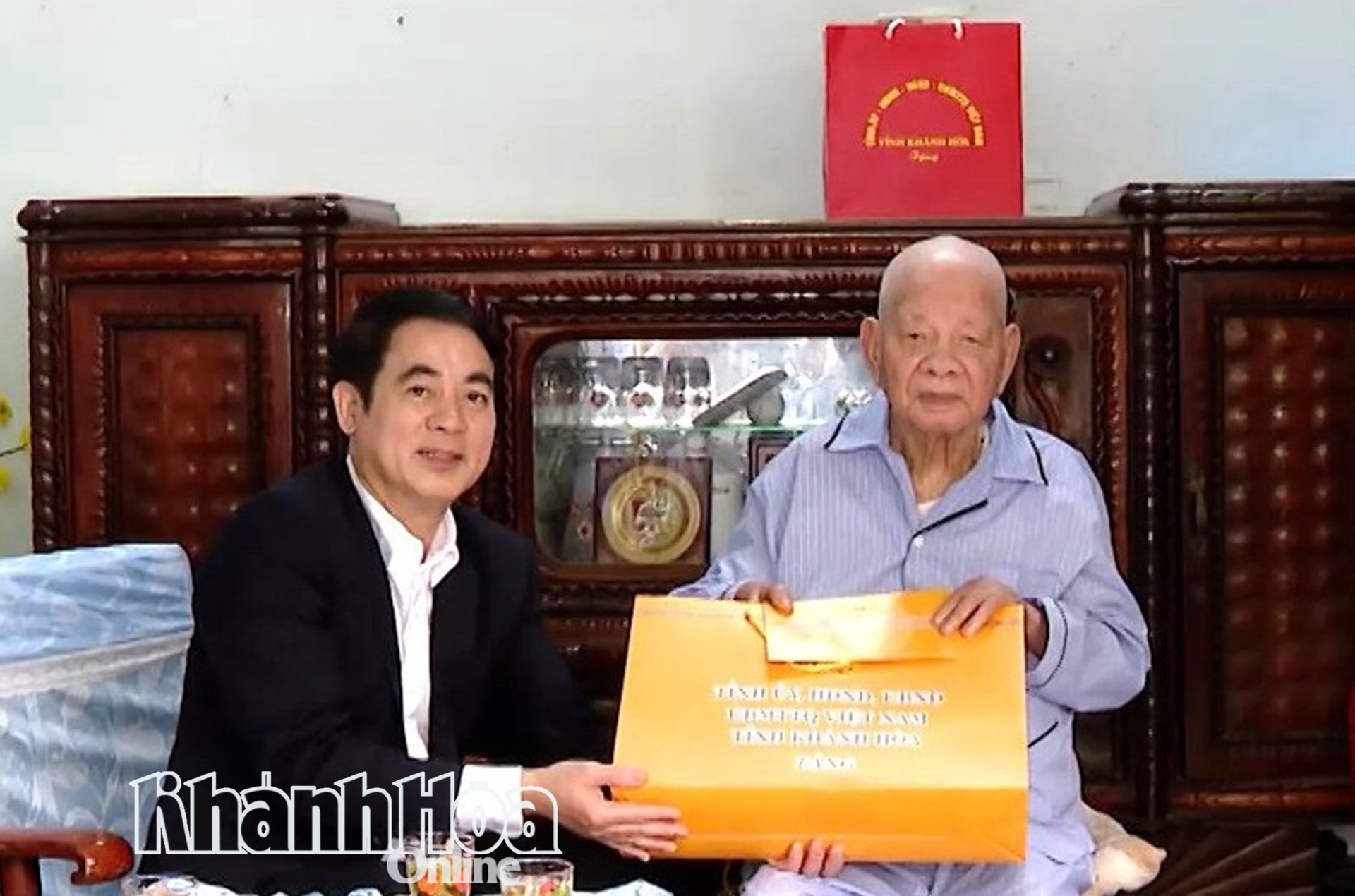

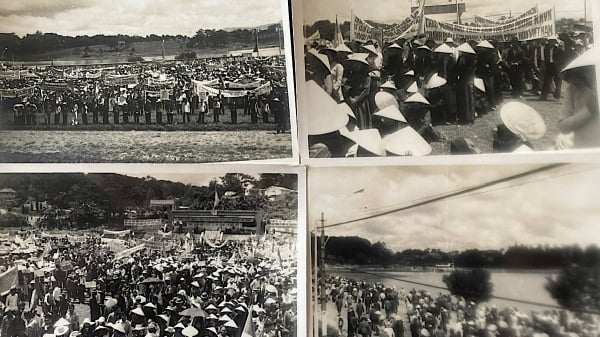
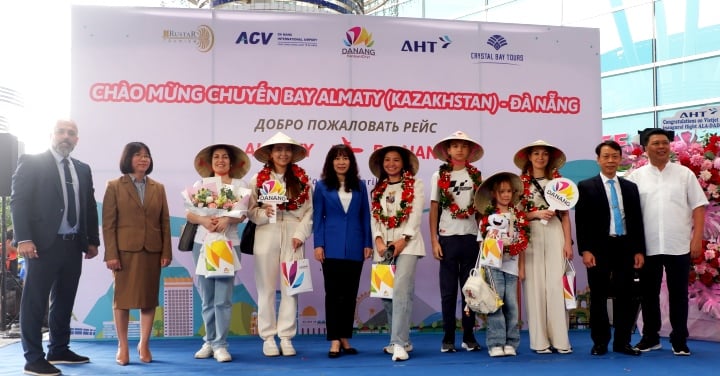
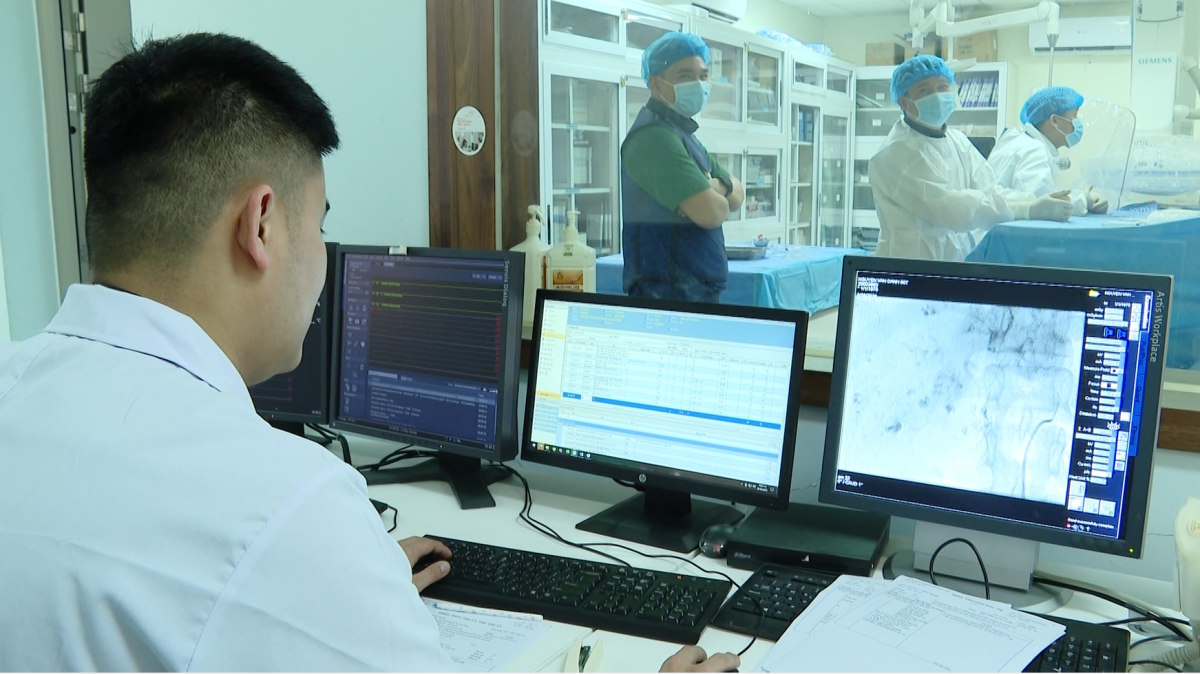
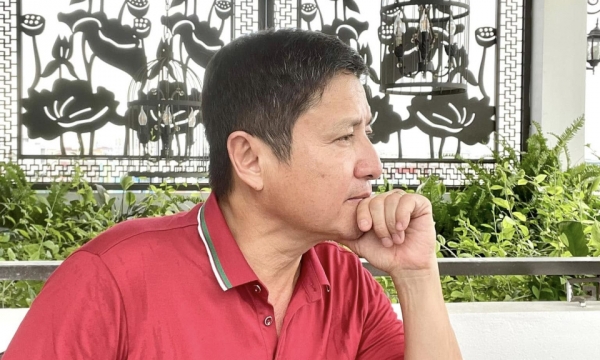




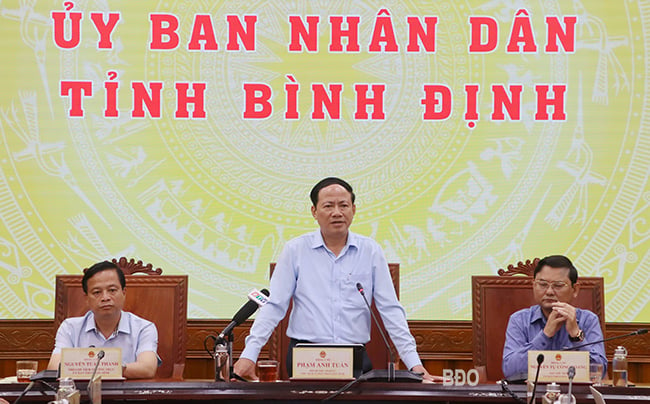
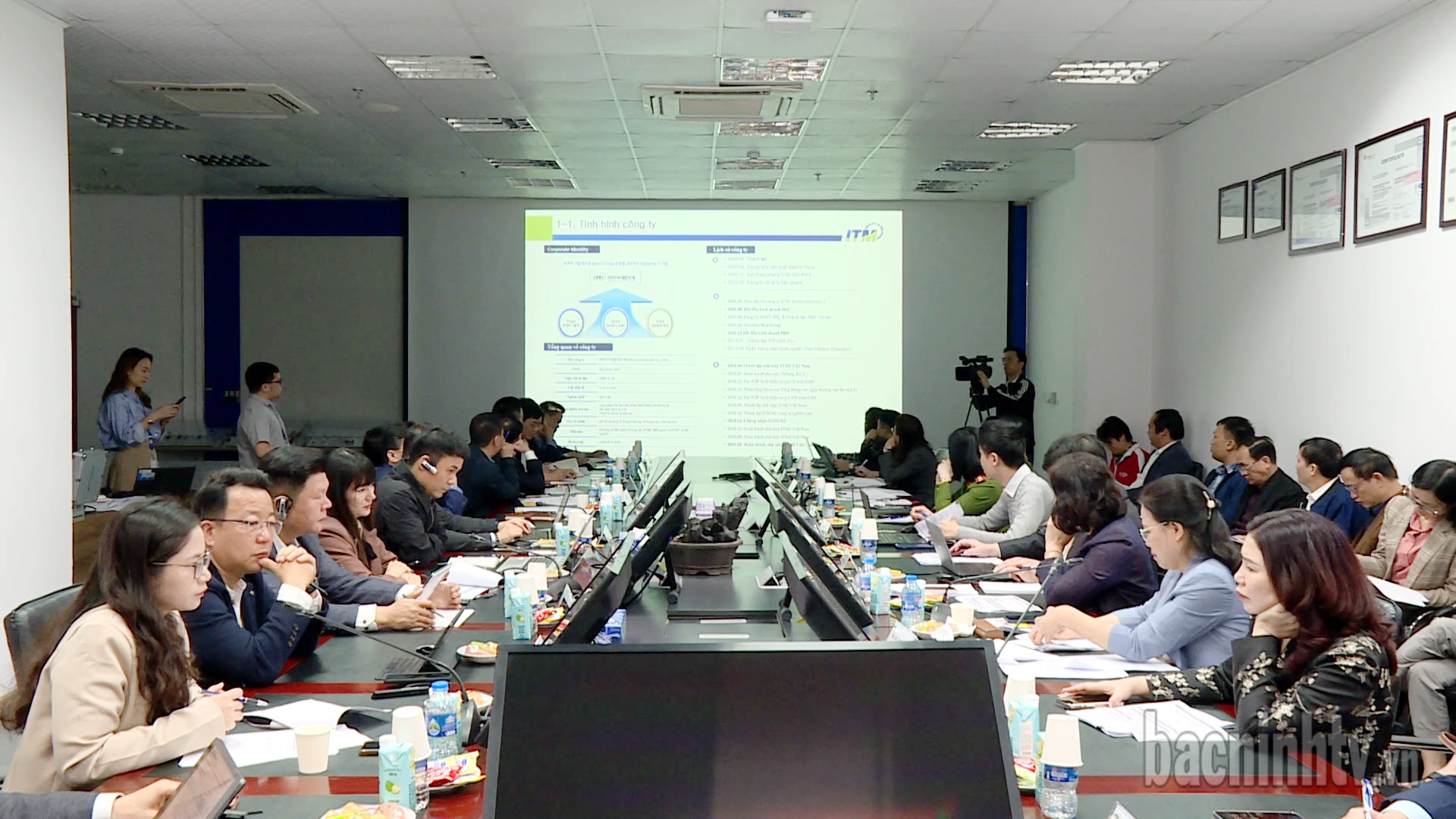
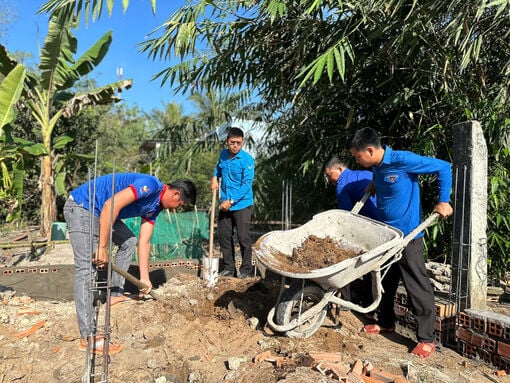
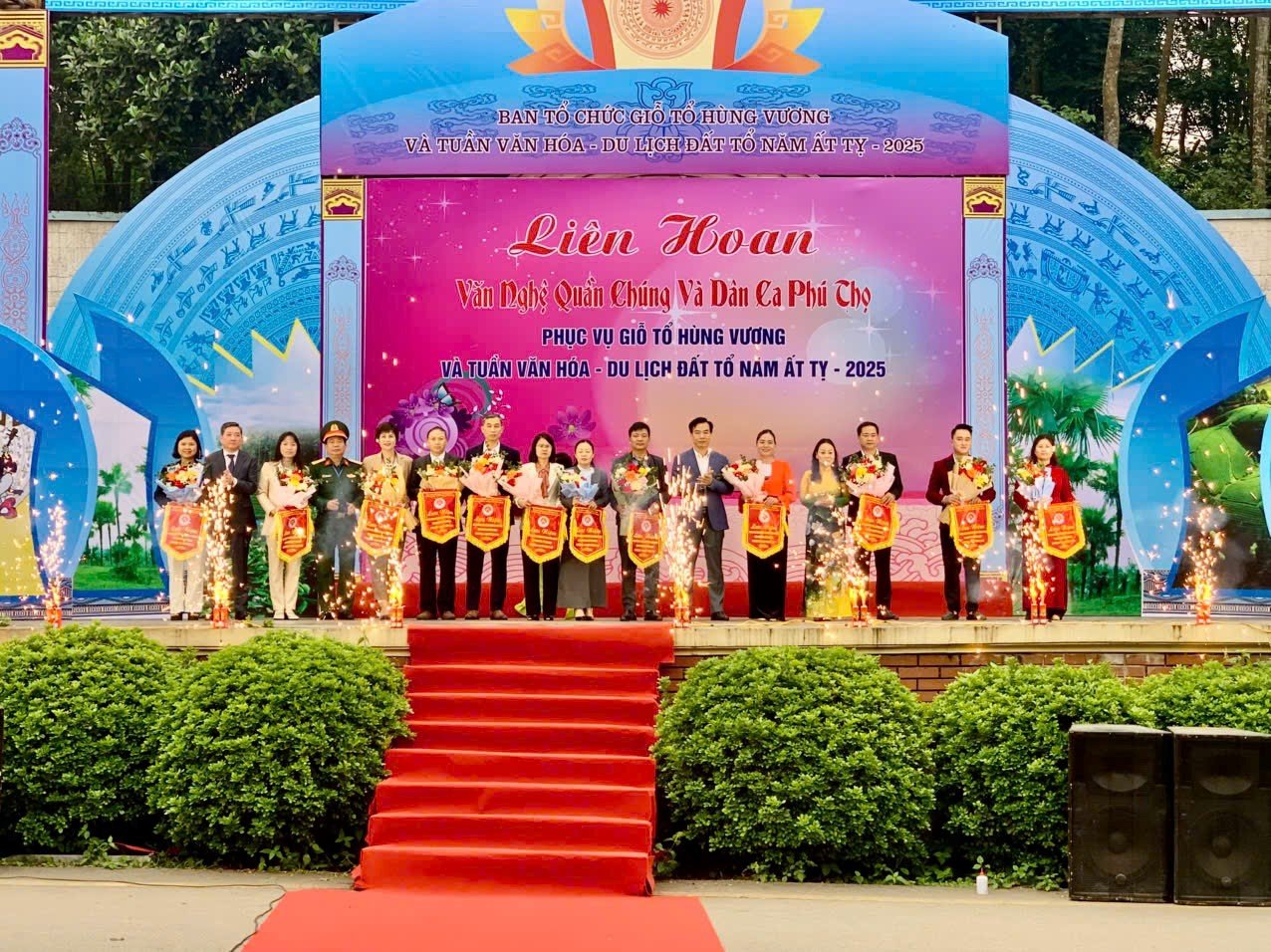
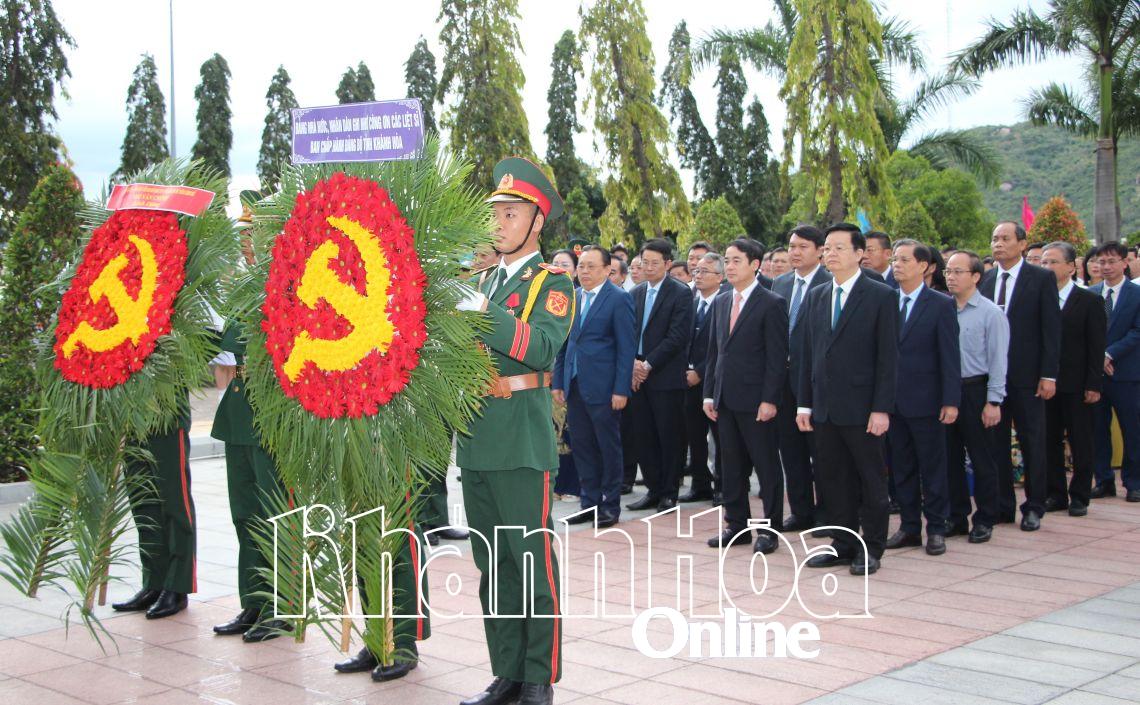
![[Photo] Relatives of victims of the earthquake in Myanmar were moved and grateful to the rescue team of the Vietnamese Ministry of National Defense.](https://vstatic.vietnam.vn/vietnam/resource/IMAGE/2025/4/2/aa6a37e9b59543dfb0ddc7f44162a7a7)









































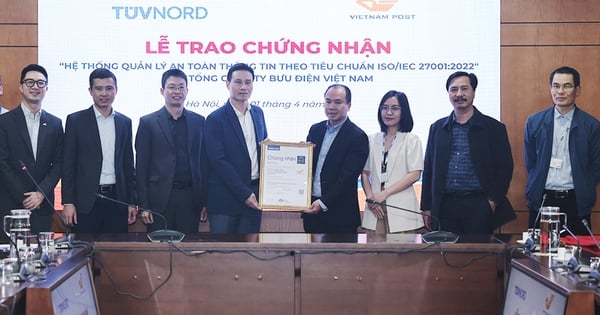










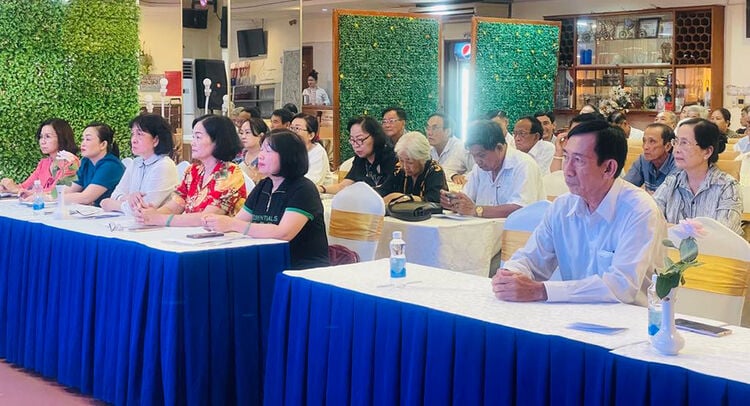













Comment (0)